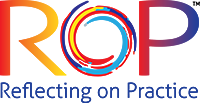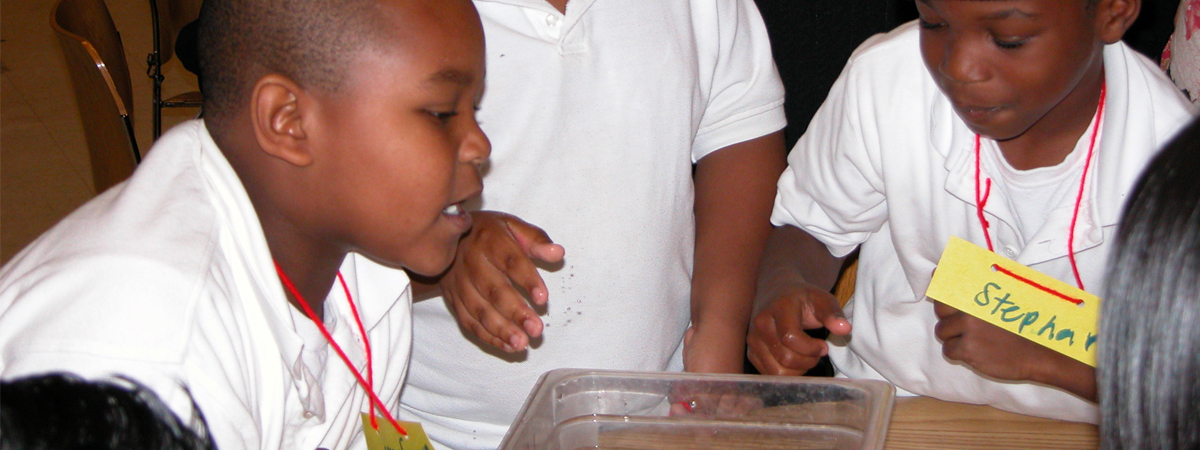
RoP Educators often mentioned four major beneficial outcomes from participating in Reflecting on Practice:
- Developed a shared understanding and common language of high quality teaching and learning.
- Created changes in habits of thinking about their actions and connections to research.
- Provided opportunities to gain professional skills and recognition.
- Cultivated an institutional community and learning culture.
RoP Facilitators shared how implementing Reflecting on Practice was valuable on multiple levels:
- For themselves, gained leadership skills as an RoP Facilitator to advance their career within the institution and in the informal learning field.
- For their staff and co-workers, tapped into shared expertise and be part of building a culture of learning and reflection at their institution.
- For the institution, benefited from consistent, top-notch, learning-based visitor experiences across the organization.
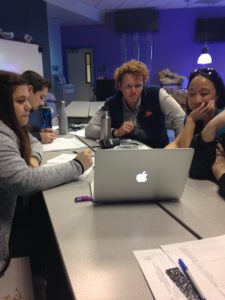
How and why the Reflecting on Practice program is effective.
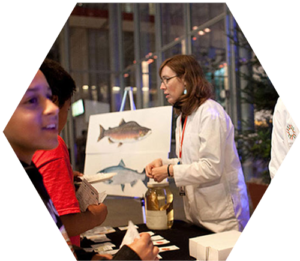
Credit: California Academy of Sciences
Four aspects of an educator’s practice are demonstrably changed by the Reflecting on Practice program:
- Behavior—how educators interact with learners
- Thinking—educators’ thoughtfulness about their actions and understanding of research
- Language—how educators talk about their practice
- Participation—how educators engage in their work inside and outside their institutions
RoP is Relevant
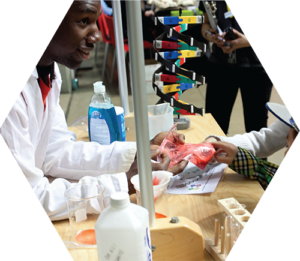
Credit: California Academy of Sciences
Reflecting on Practice engages educators in discussing current research on learning and considering how to use that research in their practice. Educators who talk about research alongside examination of their practice deepen their knowledge and build common language and understanding among colleagues.
RoP is Adoptable
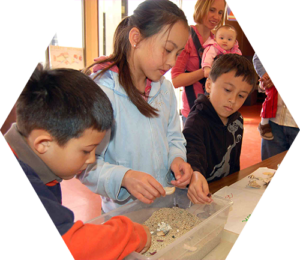
Credit: Lawrence Hall of Science
After participating in a Coaching Workshop, workshop participants become RoP Facilitators. They are given the Reflecting on Practice curriculum and supporting materials in order to share what they learned and implement the program at their own institutions. As they implement the program, RoP Facilitators and their colleagues adopt the ideas and habits of reflection into their own practice. They take ownership of knowledge on learning and habits of reflection, and speak about their work using common language cultivated from the program.
RoP is Sustaining
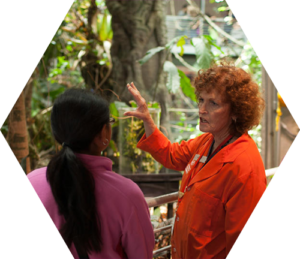
Credit: California Academy of Sciences
This program is not a one-off experience for a few educators taught by an outside expert. In Reflecting on Practice, groups of educators learn together at their own pace, within the structure and constraints of their own institution. This level of control helps develop ownership of the content and practices, and builds a sense of community amongst participants.
RoP is Versatile
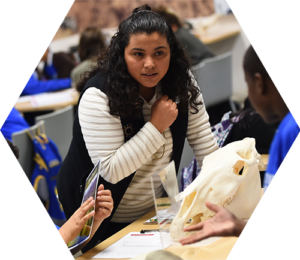
Credit: California Academy of Sciences
Reflecting on Practice is grounded in current research on professional learning and learning in informal environments. It also leverages the knowledge and experience in curriculum development and professional learning from experts at the University of California, Berkeley’s Lawrence Hall of Science. RoP Facilitators can implement the program as written and be confident that the curriculum is rigorous and robust—and are welcome to customize and add on to the program while still maintaining its basic design.
RoP is Transferable
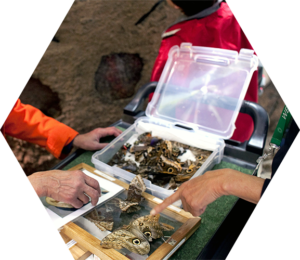
Credit: California Academy of Sciences
Once an educator has learned from, experienced, and perhaps taught Reflecting on Practice, the knowledge built from the program becomes his or her own. RoP Facilitators and Educators who have gone through the program at one institution take that knowledge with them throughout their careers, and can build a learning community in another institution if or when they change jobs. To launch the program, a Reflecting on Practice alum need only have (or acquire) a current copy of the curriculum (contact the RoP Directors) and garner the support of their institution. This transfer of program knowledge not only disseminates its principles more widely, but also likely provides RoP alumnae a leg up when applying to other informal learning institutions.
